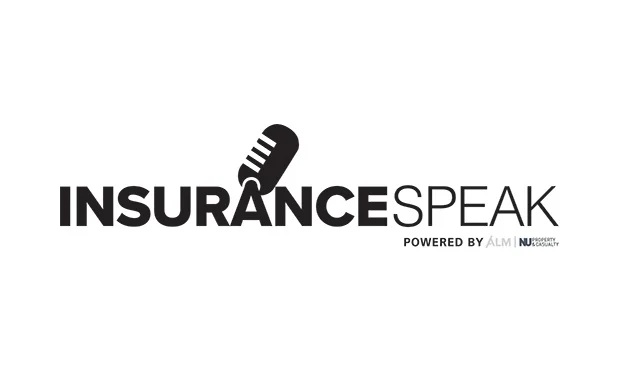NU Online News Service, May 10, 3:08 p.m. EDT
The catastrophes of 2011 were notable for their frequency and severity, and insureds should take away lessons from the year regarding what to look for in insurance policies to maximize coverage for future events, insurance broker Marsh says.
“Catastrophes provide the insurance industry with a profound opportunity to demonstrate its value and its important role in the process of regeneration,” says David Pigot, chairman, Global Claims Practice for Marsh in the brokerage's report, “Lessons Learned from the Catastrophes of 2011: The Marsh Point of View.”
Regarding the 2011 events, David Batchelor, president, international division, says, “While many of the risks were understood, the scale of the devastation was unexpected.”
The report presented case studies of the year's events to demonstrate lessons for the future.
For example, the 2011 earthquake in Christchurch, New Zealand on Feb. 22, 2011 placed an entire business district off limits to anyone except permit holders and armed forces guarding the perimeter. The section will require the demolition of around 1,000 buildings and will not be inhabitable again until at least April of this year at the earliest.
Marsh says that incidents like this fall under the terms of the business-interruption policy.
Insureds need to check for adequate sub-limits and understand what the limitations on the policy might be. The policy should also cover “not just denial of access but hindrance as well,” Marsh says.
Insureds should also determine if their policy covers interruption from a sharp decline in travel due to the closure of airspace.
Civil disorders last spring in the Mideast and elsewhere call into question All Risk policies, terrorism coverage and political violence coverage, Marsh says. The broker cautions that language in a policy is important here, such as whether terrorism is “excluded” or “extended” in the language.
Local laws can also affect coverage term, as can time limits regarding when an event is reported. There may also be a 72-hour clause that limits the number of events applicable along with the number of deductibles.
Turning to the issue of flood, the risk is typically excluded “unless specific arrangements have been made to include this cover” in an all-risk policy. Policyholders, the report says, must understand the coverage in place and if there are “tailored arrangements.”
In the United States, “accurate and current flood-zone determinations to assess the need or availability of Federal Flood Insurance” is important, while globally, policyholders must “carefully look at both limit and deductible wordings…”
Touching on contingent business interruption (CBI), which is loss to the insured from the property of others, policyholders should considering securing indirect CBI in addition to direct CBI, and they should have sufficient limits.
Attention needs to be paid to geographic location and restrictions, if there are any, in the coverage. The report notes that a business domiciled in the United States may not necessarily have coverage outside the country.
Want to continue reading?
Become a Free PropertyCasualty360 Digital Reader
Your access to unlimited PropertyCasualty360 content isn’t changing.
Once you are an ALM digital member, you’ll receive:
- Breaking insurance news and analysis, on-site and via our newsletters and custom alerts
- Weekly Insurance Speak podcast featuring exclusive interviews with industry leaders
- Educational webcasts, white papers, and ebooks from industry thought leaders
- Critical converage of the employee benefits and financial advisory markets on our other ALM sites, BenefitsPRO and ThinkAdvisor
Already have an account? Sign In Now
© 2024 ALM Global, LLC, All Rights Reserved. Request academic re-use from www.copyright.com. All other uses, submit a request to [email protected]. For more information visit Asset & Logo Licensing.








